By Daily Sports on February 16, 2016

Allegations of widespread drug-taking have rocked Algerian football following the suspension of international Youcef Belaili and three other top-division players.
Algeria was the only North African country to qualify for the 2014 World Cup, but the latest controversy raises doubts over the country’s footballing future.
A media investigation has suggested that corruption was common in Algerian football clubs, due to a lack of consistent regulation.
Algerian sports commentators and fans are now blaming the government and Algerian Football Federation.
Trendy nightclub
The damning report by London-based Al-Arabi al-Jadid on 27 January says that the four recent cases are not unique, and highlights 10 other instances where players tested positive for drug use since 2013.
At a nightclub in trendy western Algiers, where players allegedly buy and use amphetamines and other drugs, an employee told the paper that footballers frequented the club to "let off steam and get amphetamines and other drugs, which they believe will enhance their performance on the pitch”.
And, medical experts told Algeria’s El-Khabar newspaper that the football industry was in “chaos” since no doctors were assigned to clubs on a regular basis, and club management was too “centralised” – opening the door for corruption.
The Confederation of African Football banned Belaili for two years from national and international football. Some of the other players were suspended for up to four years or are undergoing investigation.
All the players denied taking illicit substances, with some claiming that they had been under the impression that they were taking vitamin supplements.
For its part, the Algerian Football Federation has said it will enforce more stringent testing for performance-enhancing and social drugs, requesting that football clubs supply information on training schedules in order to monitor players more regularly.
But El-Khabar described these measures as merely “cosmetic” and inconsistently enforced.
‘Excessive salaries’
A number of papers also recall previous allegations of “systematic, involuntary” doping, after the children of a number of players in the national team which reached the 1982 and 1986 World Cups were born with severe disabilities.
The players ordered an investigation into the national team coach from the time.
Algerian authorities have not commented on the allegations and the investigation has yet to take place. However, one of those affected, midfielder Mohamed Kaci-Said, has said “doubts persist until an inquiry has been opened and the truth told”.
An article in Algeria’s French language daily El-Watan attributes drug use among players to “disproportionately high salaries” coupled with young players’ “lack of maturity”.
Algerian Echourouk Sports website directly asks whether the controversy will have an impact on the country’s possible participation in the 2018 and 2022 World Cups.
While some commentators also attribute the use of drugs to salaries and lack of responsibility, others make more outlandish claims – that players such as Belaili were victims of a “conspiracy” against Algerian football.
Although government and football officials have not commented on the reported increase in the use of stimulants, Algeria’s state-owned news agency APS discussed the “shattered dreams of a number of promising sports stars” and noted that this may pose a significant setback to Algeria's performance in the 2016 African Nations Championship.
Social media solidarity
Several Twitter hashtags were launched expressing solidarity with the Algerian player, including: #JeSuisBelaili, #Solidarite_Avec_Belaili and #WeAreAllYoucef.
Algerian football commentator Hafid Derradji criticised the campaign in the press, saying Belaili was fully responsible “morally, legally, and as a sportsman”.
But, he also demanded that sports journalists accept responsibility for allegedly creating the problem “by justifying Belaili’s behaviour and feeding his ego”.
One reader responded: “Perhaps we should go back to a time when Algerian footballers weren’t paid so much, they played well, and their only stimulants were bread and olive oil.” (BBC)
•Photo shows Youcef Belaili was banned from playing for two years.
Source Daily Sports
Posted February 16, 2016
You may also like...

Liverpool Extend Premiership Lead To 16 Points After...

Sterling In Fitness Race For Champions League Clash...

Osimhen set for mega deal as Galatasaray ready...

Ronaldo Sets New Record As First Player To...

No early release for Club World Cup players...

Chelsea confirm Omeruo, Ugbo to make first team...

 Gala fans to honour Osimhen’s late mother
Gala fans to honour Osimhen’s late mother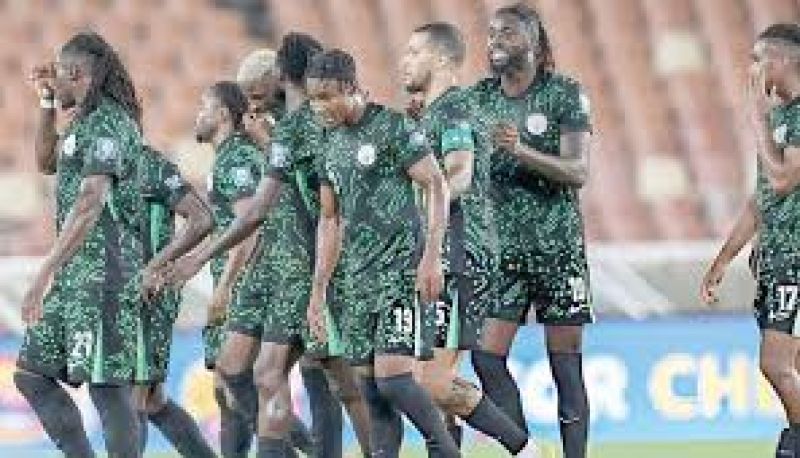 Eagles to play Iran, Jordan in four-nation tourney
Eagles to play Iran, Jordan in four-nation tourney First Falcons call-up thrills Erhabor
First Falcons call-up thrills Erhabor Ekezie junior claims Defensive MVP award at All-Star camp
Ekezie junior claims Defensive MVP award at All-Star camp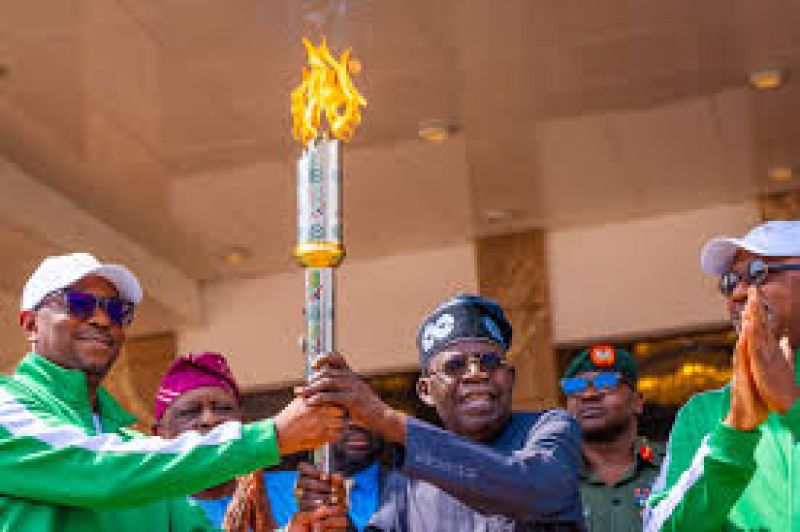 Niger-Delta Games: Sports, instrument of unity, empowerment — Tinubu
Niger-Delta Games: Sports, instrument of unity, empowerment — Tinubu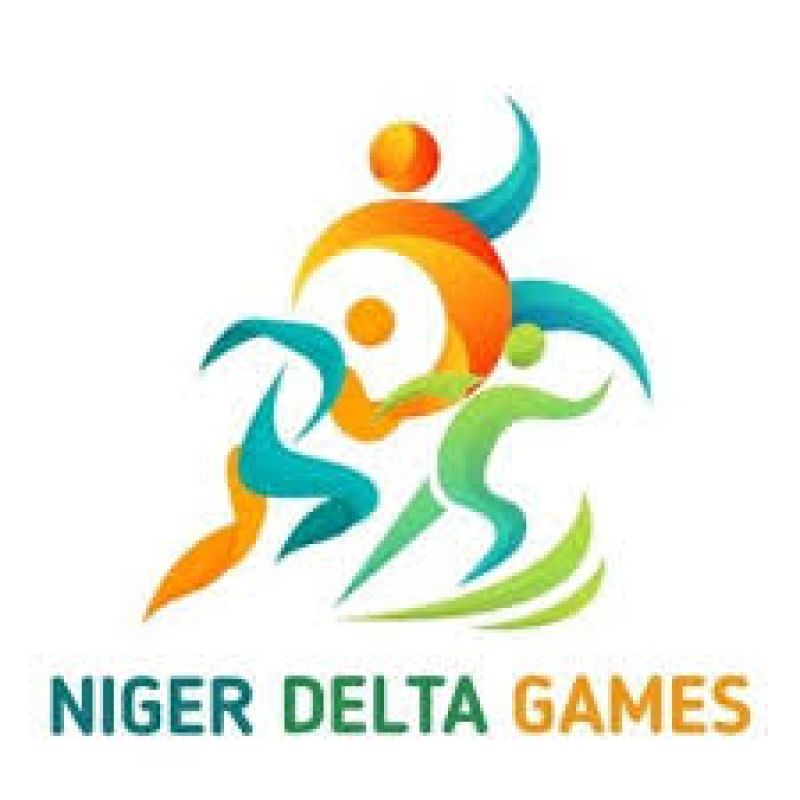 Draws hold as Niger Delta Games begin Friday
Draws hold as Niger Delta Games begin Friday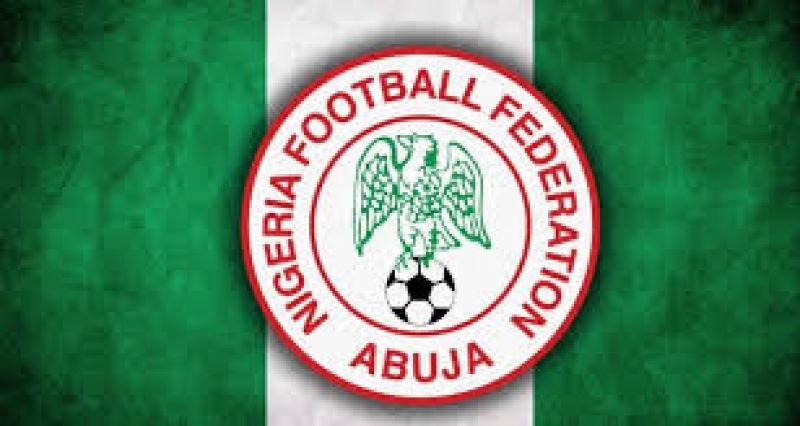 NFF to review Chelle’s $130k request, other demands
NFF to review Chelle’s $130k request, other demands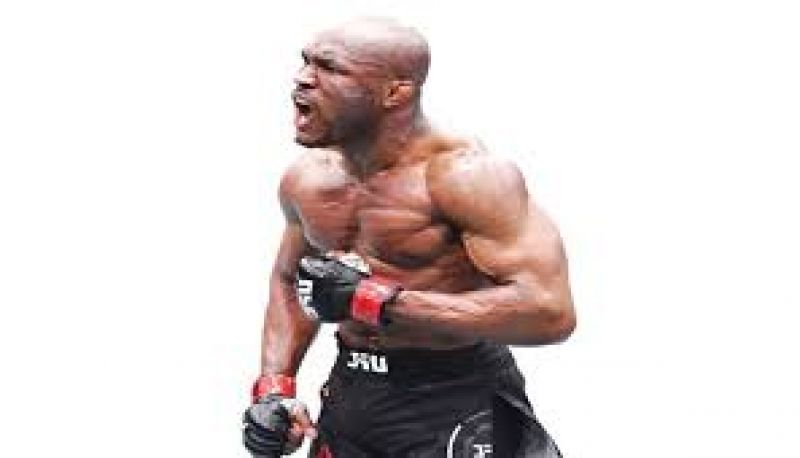 Usman to retire after becoming two-division champ
Usman to retire after becoming two-division champ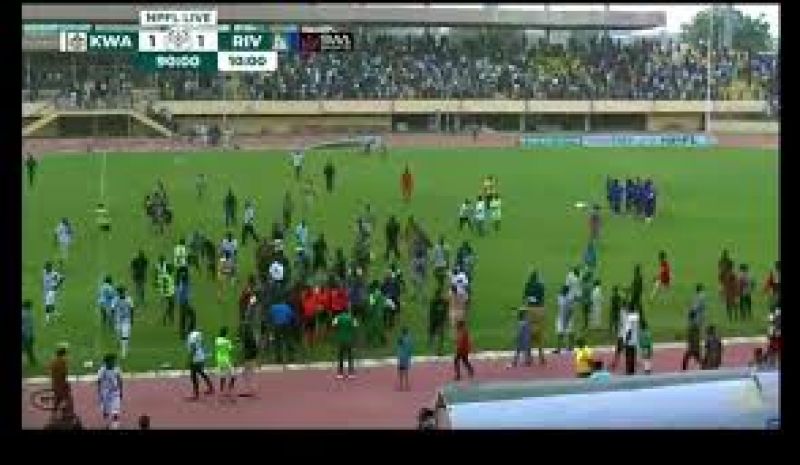 NPFL: Kwara United slams post-match violence after Rivers United clash
NPFL: Kwara United slams post-match violence after Rivers United clash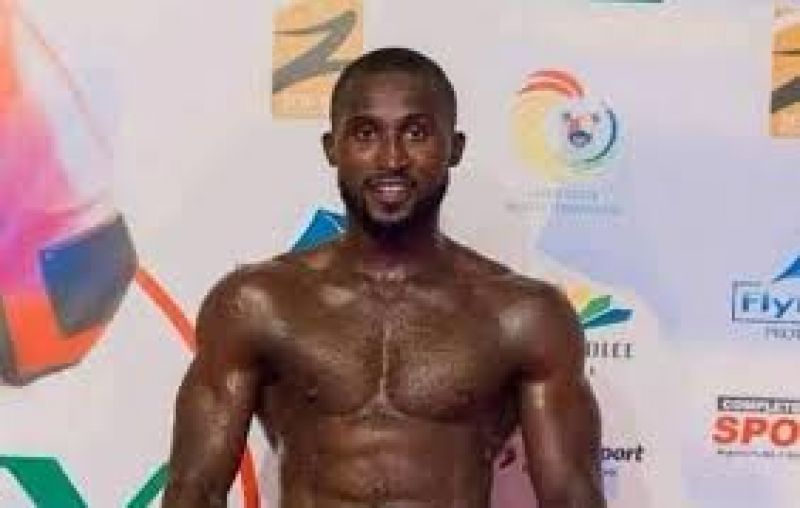 Widow, late Nigerian boxer’s family clash over estate
Widow, late Nigerian boxer’s family clash over estate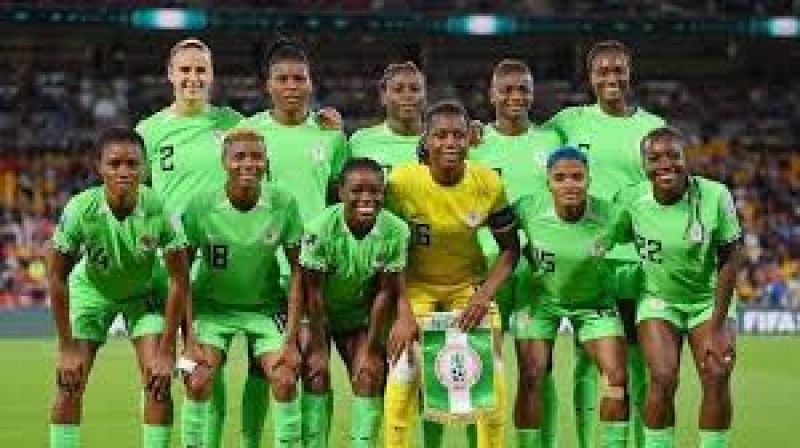 Falcons recall Okobi-Okeoghene, Monday for Cameroon friendlies
Falcons recall Okobi-Okeoghene, Monday for Cameroon friendlies Lagos SWAN Chairman, Amb. Olatutu Oladunni, and EXCO Members Extend Ramadan and Lenten Greetings to Muslim and Christian Faithful Across Lagos
Lagos SWAN Chairman, Amb. Olatutu Oladunni, and EXCO Members Extend Ramadan and Lenten Greetings to Muslim and Christian Faithful Across Lagos Rangers International going, going . . . (63,572 views)
Rangers International going, going . . . (63,572 views) Amaju Pinnick: A cat with nine lives (54,878 views)
Amaju Pinnick: A cat with nine lives (54,878 views) Second Term: Amaju Pinnick, Other NFF Heavyweights Home to Roost •How Pinnick Broke the Jinx (52,787 views)
Second Term: Amaju Pinnick, Other NFF Heavyweights Home to Roost •How Pinnick Broke the Jinx (52,787 views) Current issues in Nigerian sports: Matters arising (52,424 views)
Current issues in Nigerian sports: Matters arising (52,424 views) Sports Development: Zenith Bank on the zenith (52,337 views)
Sports Development: Zenith Bank on the zenith (52,337 views) Missing $150,000 IAAF Grant: Solomon Dalung’s Hide and Seek game (52,257 views)
Missing $150,000 IAAF Grant: Solomon Dalung’s Hide and Seek game (52,257 views) Gov. Abdullahi Ganduje’s solid footprints, commitment to sports development in Kano State (52,127 views)
Gov. Abdullahi Ganduje’s solid footprints, commitment to sports development in Kano State (52,127 views) NFF Presidency: Pinnick, Maigari, Ogunjobi, Okoye in Battle for Supremacy (51,672 views)
NFF Presidency: Pinnick, Maigari, Ogunjobi, Okoye in Battle for Supremacy (51,672 views) Olopade, BET9A wave of revolution in NNL (50,845 views)
Olopade, BET9A wave of revolution in NNL (50,845 views) Commonwealth Games 2018: Shame of Muhammadu Buhari, Solomon Dalung (49,375 views)
Commonwealth Games 2018: Shame of Muhammadu Buhari, Solomon Dalung (49,375 views) Ibrahimovic’s Man U exit: Whose decision is it? And in whose interest? (47,762 views)
Ibrahimovic’s Man U exit: Whose decision is it? And in whose interest? (47,762 views) John Mikel Obi: Segun Odegbami’s Outrageous Call! (47,233 views)
John Mikel Obi: Segun Odegbami’s Outrageous Call! (47,233 views)